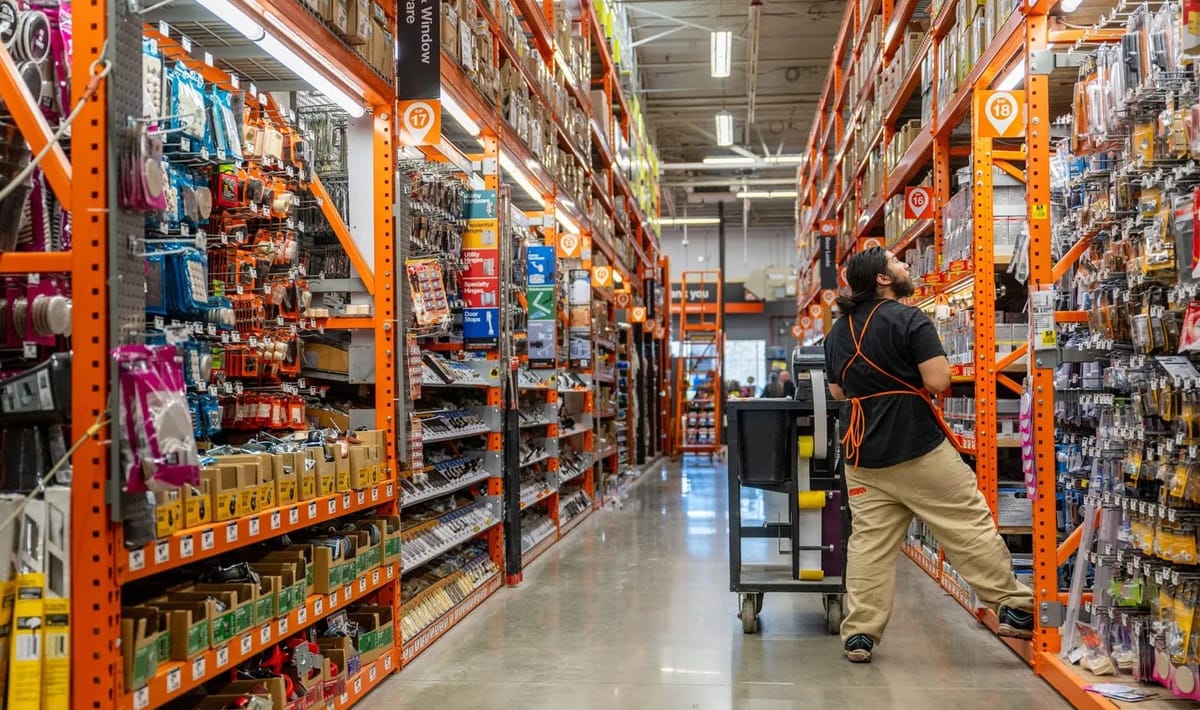Featured Posts

Let’s talk markets. Specifically, let’s talk about what just went down (literally) in the Nasdaq this week. If you’ve been paying attention—or maybe even if you haven’t—it’s gotten pretty ugly pretty fast. I even tweeted something about it: Markets take the stairs up

The drop happened fast! If you blinked sometime in February, you might’ve missed that we were at new all-time highs. Now? We're in full correction territory. Just yesterday, the S&P 500 fell more 2%, and now close to 10% in less than a month. Not

Did you know that 56% of Wisconsin’s agricultural exports could be impacted by tariffs from Canada, Mexico, and China? Wisconsin now represents the 11th largest exporter of agricultural products in the U.S., up from 13th in 2023 (WI DATCP). In 2024, Wisconsin’s agricultural exports reached $3.97

So, here’s something no one seems to be making a big deal about: tariffs are rising fast, and they’re dragging the US economy down. You won’t hear much about it in the headlines, but the effects could start to pile up. Higher prices, weaker growth, and more

Home Depot recently cut its sales outlook, citing weaker consumer spending amid high interest rates and recession fears.
The company's expecting same-store-sales to decline by 3 to 4% this year, a sharper drop than the 1% estimated.
Home Depot’s CEO, Ted Decker, said, “During the quarter, higher interest rates and greater macroeconomic uncertainty pressured consumer demand more broadly, resulting in weaker spend across home improvement projects.”
Despite the obstacle, Home Depot’s total sales for the second quarter reached $43.2 billion, a modest 0.6 percent increase from last year.
However, same-store-sales dropped 3.3% during the quarter, reflecting their new sales outlook.
The company’s net profit was $4.6 billion, slightly better than estimates but still down 2.1% from the same quarter last year due to rising costs.
Looking ahead, with inflation at record lows, consumer spending on home improvement could decline, as part of a broader slowdown due to our high interest rates and fiscal policy.


